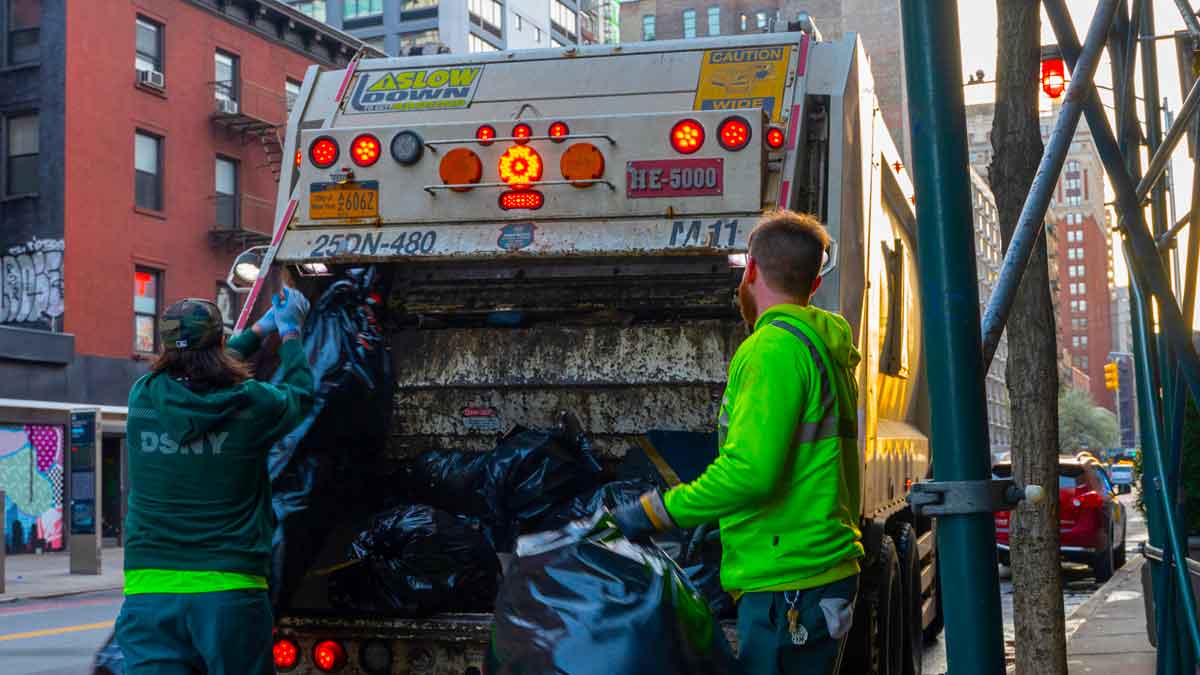Shopping
California bans all plastic shopping bags at store checkouts: When will it go into effect?

California approved a stricter ban on plastic, but will it work? New Jersey saw its plastic consumption triple after it banned plastic bags in 2022.
California governor approves ban on plastic shopping bags
California is set to ban all plastic shopping bags by 2026 under a new law signed by Governor Gavin Newsom.
unbranded – Newsworthy
California Gov. Gavin Newsom signed a bill banning plastic bags from grocery store checkouts, including the thicker, “reusable” bags that stores switched to after an earlier ban.
“We deserve a cleaner future for our communities, our children and our earth,” California Assembly member Rebecca Bauer-Kahan, one of the principal co-authors of the bill, said in a statement. “It’s time for us to get rid of these plastic bags and continue to move forward with a more pollution-free environment.”
Single-use plastic bags have been banned in California for nearly 10 years, but on Sunday, Newsom signed a bill that would make the ban stricter.
The previous bill “allowed stores to sell customers thicker plastic carryout bags that were considered reusable and met certain recyclability standards,” according to a statement published on Sen. Catherine Blakespear’s website. Blakespear introduced the new bill.
“However, the truth is almost none of those bags are reused or recycled, and they end up in landfills or polluting the environment.”
Before, grocery stores would offer patrons plastic or paper bags. Now, under the new bill, SB 1053, anyone who does not already have a reusable bag will be asked whether they want a paper bag instead of being given the choice between plastic or paper.
“This straightforward approach is easy to follow and will help dramatically reduce plastic bag pollution,” Blakespear said in a statement.
Climate change may affect your vacation: What’s happening to Alaska’s glaciers and how it could impact your trip
When will the bill be enacted?
The bill takes effect on Jan. 1, 2026.
Redefining ‘recycled paper bag’
Under the previous ban, SB 270, enacted July 1, 2015, grocery stores, retail stores with a pharmacy, convenience stores, food marts and liquor stores could use only reusable plastic bags made with recycled content or recycled paper bags, according to CalRecycle.
The new bill will change the definition of a “recycled paper bag” and require all bags using that label to be at least 50% post-consumer recycled materials starting Jan. 1, 2028.
Why did this bill get proposed?
According to the news release, the bags stores switched to after the previous ban were:
- Difficult to recycle.
- Rarely recycled.
- Rarely reused.
In 2004, Californians used 147,038 tons, or about 8 pounds of plastic per person, according to a different statement published on Blakespear’s website. By 2021, the number grew to 231,072 tons, roughly 11 pounds per person.
Do plastic bans reduce plastic waste?
In January, a study found that New Jersey tripled its plastic consumption despite the state’s 2022 plastic ban meant to address the “problem of plastic pollution,” USA TODAY reported.
When consumers in New Jersey started searching for alternatives and purchasing plastic reusable bags, the state saw plastic consumption triple, largely because of the material used in the alternative bags, the the Freedonia Group found in its report.
“Most of these alternative bags are made with non-woven polypropylene, which is not widely recycled in the United States and does not typically contain any post-consumer recycled materials,” the report says.
Single-use plastic bans are a way to curb the pollution and emissions created by the production of the material, according to the National Conference of State Legislatures.
The search for alternatives to carry groceries and other products from the store, however, leads to the purchase of products that increase the pollution caused by manufacturing reusable bags.










